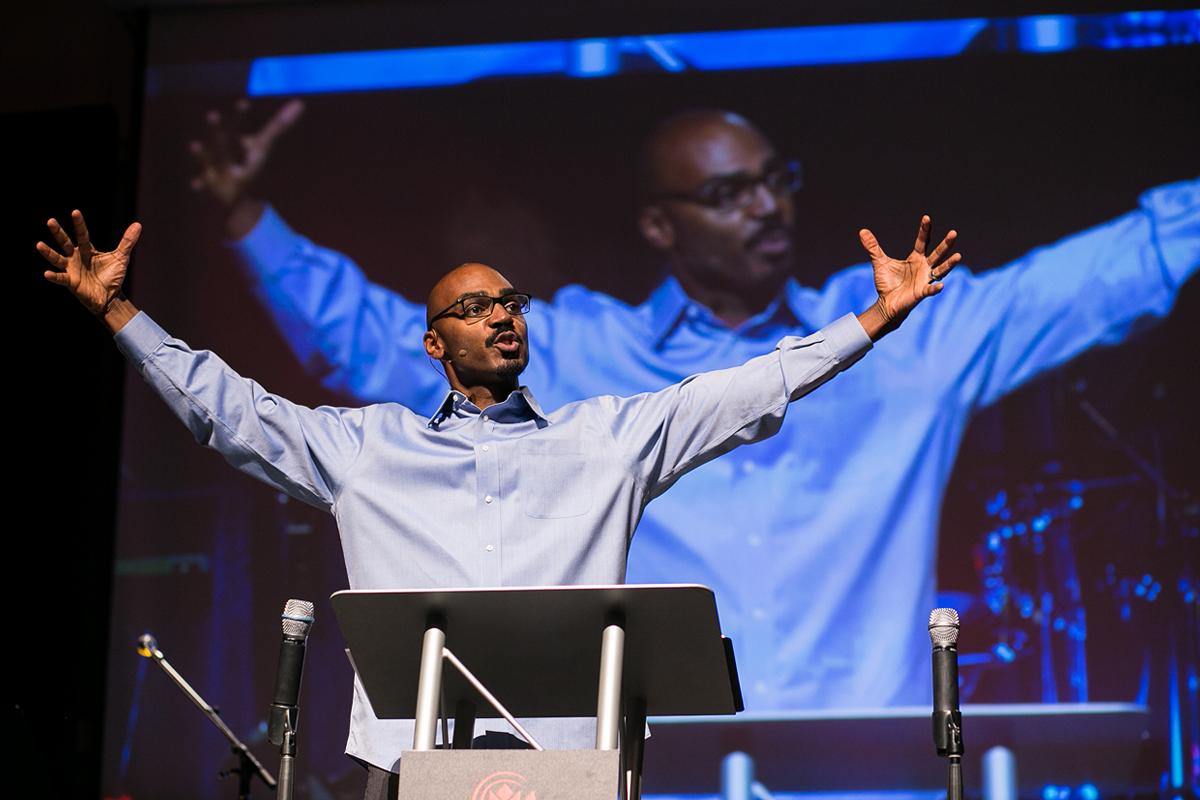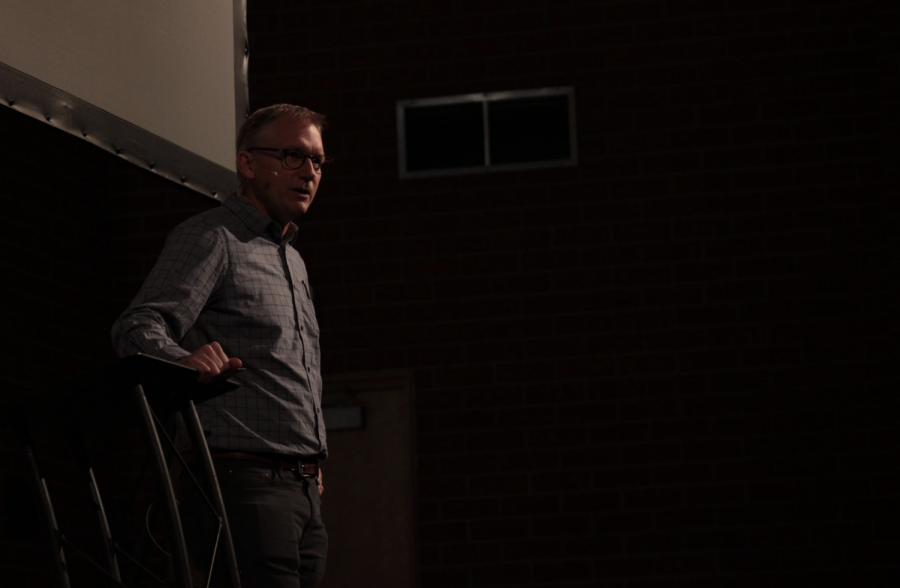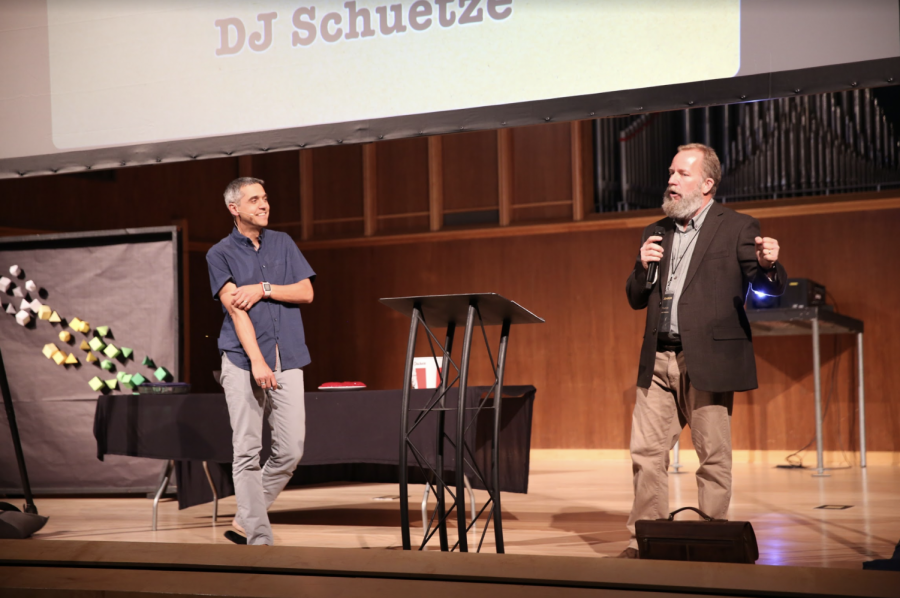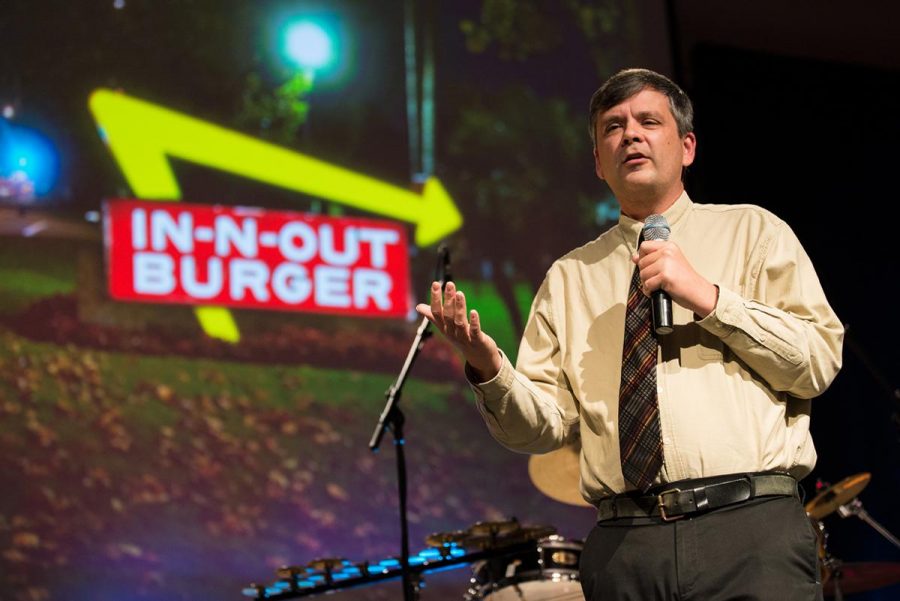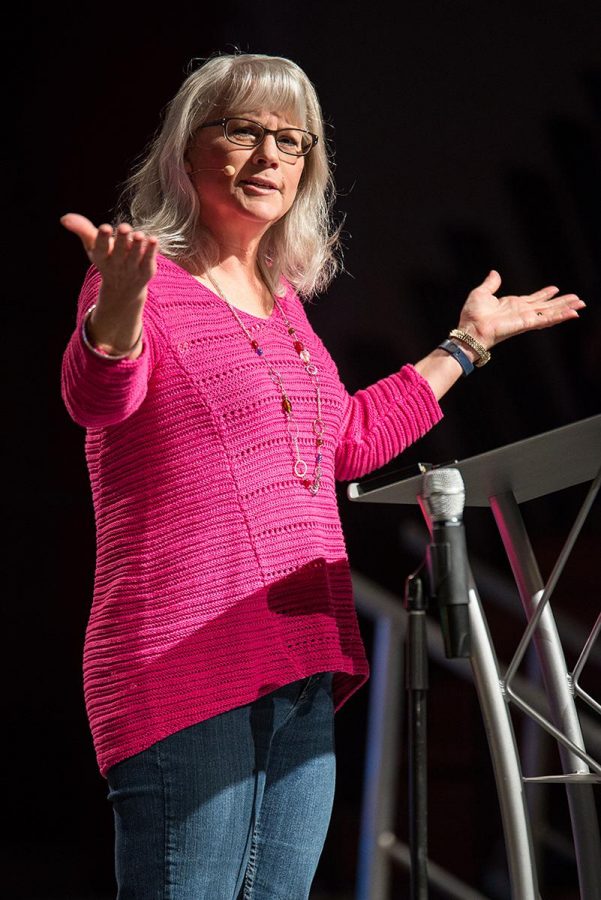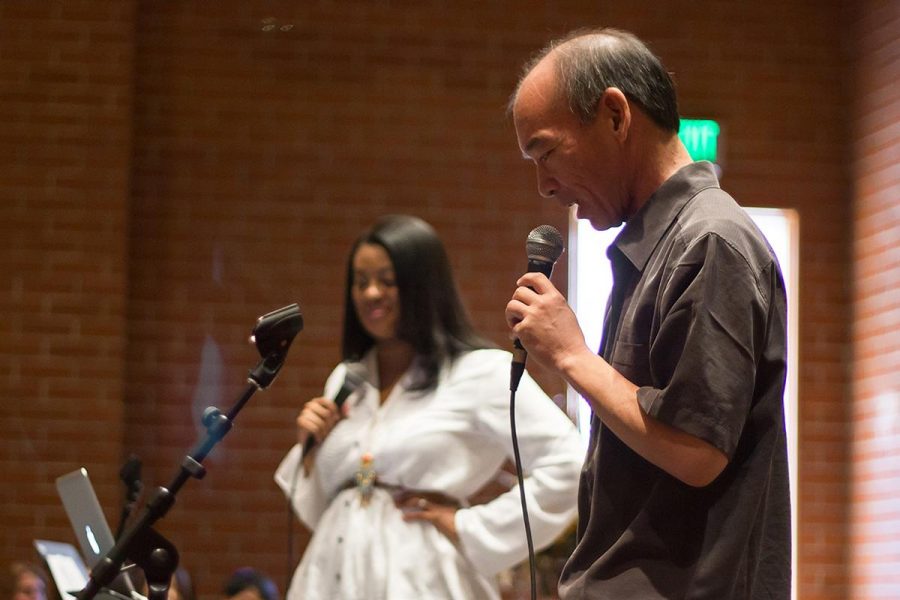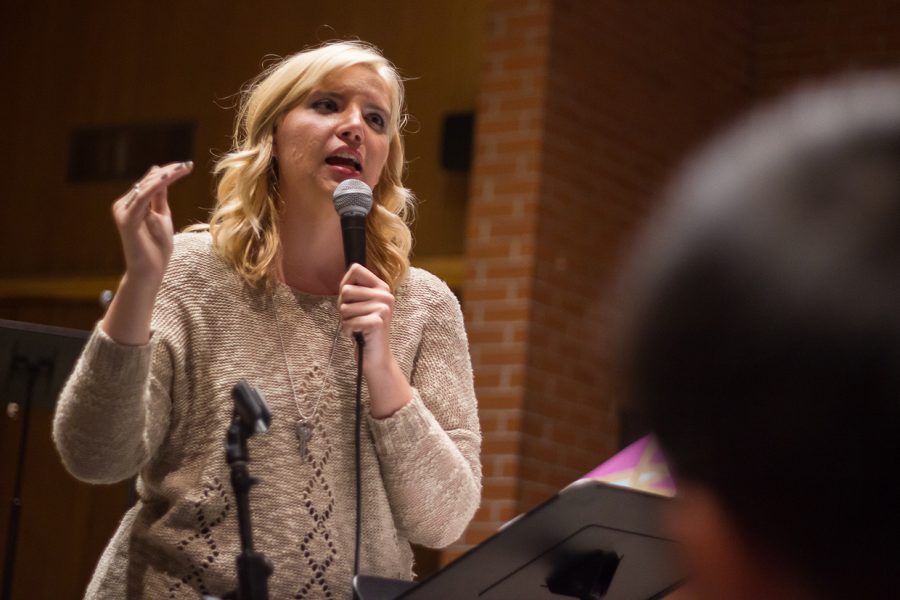The ISIS videos broadcasting the beheadings of American victims stop us cold in our tracks. This publicized theology of convert to Islam or die is widely viewed as morbid and evil. However, Christians can also lash out in brute force and hatred when dealing with conflict in our relationships. This Thursday morning, Pastor Adam Edgerly spoke of grand scale redemption between nations, groups and individuals. Edgerly explained that Jesus’ upbringing in Nazareth familiarized him with hatred and enmity, as he and those around him were oppressed by Roman rule. According to Edgerly, in contrast to us Nazarenes were used to having their backs against the wall. Because of this, Jesus’ command to love thy enemies resonates even more so with us.
Edgerly spoke of the three typical responses that someone oppressed or in conflict may choose. You may choose whether or not to resist the oppressor, as the Sadducees and tax collectors did with the Romans. You may also choose to hate your oppressor or you may choose to deceive the enemy. After all, they do not deserve the truth, right? Edgerly points out the flaws of these three reactions and how resistance, hatred and deceit towards an oppressor will distance you in your relationship with God.
According to Edgerly, Christ came to take the punishment and penalty for our sin. He paid this penalty with his death and Christians undermine this sacrifice with hatred or deceit. Not only does God give us permission to forgive through the blood of his son, he commands us to. Just as Christ brought the tax collector and the zealot together, two different Israeli people groups who desperately hated each other, he also unites and restores relationships today. The power of the Gospel places Christ as the head of every people group and relationship. It is through Him we find courage in the face of fear, truth in spite of deception and love in place of hatred.



